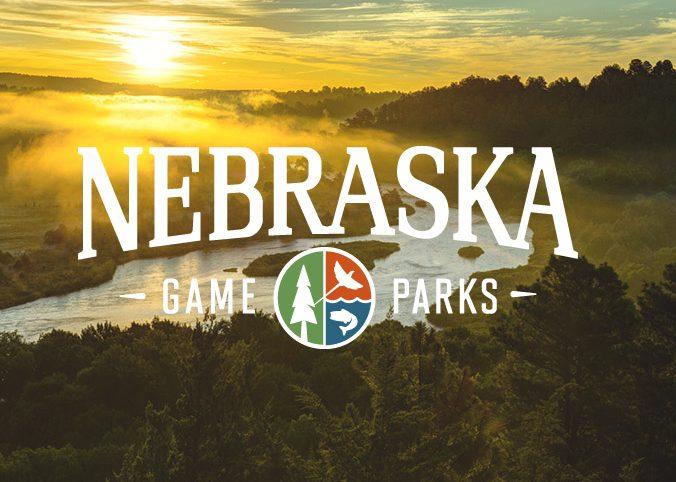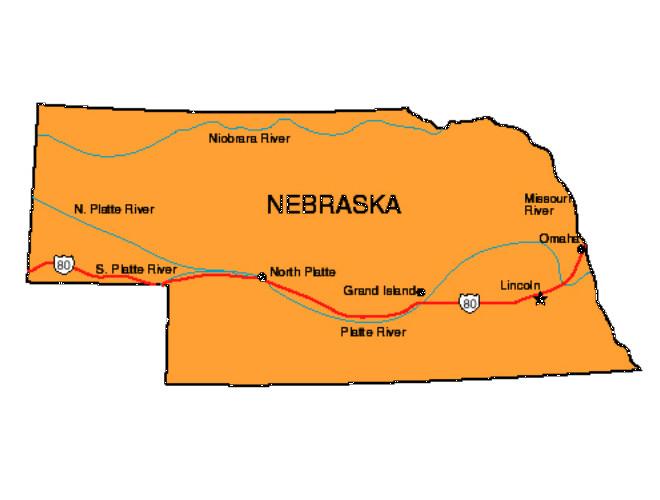In a sweeping move aimed at preserving teh natural beauty and ecological health of Nebraska’s landscapes, the Nebraska Game and Parks Commission has announced an extension of its temporary campfire ban. As the summer months draw outdoor enthusiasts to the state’s picturesque parks and recreation areas, this precautionary measure underscores the balance between nature and our recreational activities. With rising concerns over fire hazards following a string of dry conditions, the ban serves not only to ensure the safety of campers but also to protect the diverse wildlife that thrives in these cherished spaces.Join us as we delve into the details of this ban, its implications for campers, and the ongoing efforts to safeguard Nebraska’s breathtaking outdoors.
Nebraska Game and Parks Takes Action to Protect Natural Resources
In response to growing concerns over fire hazards and the preservation of Nebraska’s natural landscapes, local officials have implemented a temporary ban on campfires in state parks and recreational areas. This initiative aims to safeguard wildlife habitats and ensure that visitors can safely enjoy the outdoor experience without the risk of wildfires. The decision comes during especially dry conditions that have heightened fire risks, prompting the Game and Parks Commission to take proactive measures. Key factors driving this action include:
- High temperature and low humidity levels: These meteorological conditions can exacerbate fire spread.
- Dry vegetation: The ongoing drought has left many areas more susceptible to ignition.
- Wildlife protection: Preventing fires helps maintain the delicate balance in local ecosystems.
The campfire ban will remain in effect until significant rainfall is received and conditions improve. In the meantime, the Nebraska Game and Parks encourages visitors to engage in fire-free activities, such as hiking, birdwatching, and fishing, which allow for the gratitude of the state’s natural beauty without putting it at risk. It is indeed essential for outdoor enthusiasts to follow the guidelines provided by the Game and Parks to ensure both safety and sustainability during this critical time.For more data, visit the Nebraska Game and Parks website or contact local offices.

Understanding the Reasons Behind the Temporary Campfire Ban
The recent extension of the temporary campfire ban by Nebraska Game and Parks is a notable measure aimed at safeguarding the surroundings and public safety. The decision is primarily driven by increased fire risk due to persistent dry conditions and strong winds that have heightened the threat of wildfires across the state. With the summer months ahead,the potential for catastrophic fires in grasslands and forests becomes more pronounced,and officials are taking proactive steps to mitigate these risks.The ban not only protects local wildlife but also ensures the safety of recreational areas where families gather.
Understanding the factors leading to this ban highlights the importance of responsible outdoor practices. Here are some key considerations contributing to these restrictions:
- Weather Conditions: Prolonged drought and high temperatures elevate fire hazards.
- Wildfire Incidents: Historical data shows that even small fires can escalate rapidly during peak risk periods.
- Resource Management: State officials are diligently working to safeguard natural resources and prevent extensive damage to ecosystems.
By adhering to these restrictions, outdoor enthusiasts can contribute to the collective effort in preserving Nebraska’s natural beauty while ensuring everyone’s safety.
Safe Alternatives for outdoor Activities During the Ban
As outdoor enthusiasts adapt to the temporary campfire ban in Nebraska, there are numerous enjoyable activities that allow for safe exploration of nature without the need for fires. Hiking remains a fantastic option, with many trails across the state offering stunning views and opportunities to connect with wildlife.Additionally, consider picnicking in designated areas, where you can enjoy a meal amidst the beauty of nature while staying safe and adhering to regulations.If you’re looking for some adventure, birdwatching can be both relaxing and exciting as you observe various species in their natural habitats, equipped with just binoculars and a field guide.
Water-based activities also provide excellent options during this time. Fishing is a beloved pastime for many Nebraskans, with several lakes and rivers open for anglers to cast their lines. For those inclined to explore,kayaking and canoeing allow for a unique viewpoint of the state’s waterways,making it easy to soak in the scenery while staying active. Lastly, nature photography can be a fulfilling way to document the local flora and fauna as you venture outdoors, capturing the beauty of Nebraska’s landscapes without any risk associated with campfires.

Community Response and Conservation Efforts in Nebraska
The recent temporary campfire ban in Nebraska has sparked a strong wave of community action aimed at fostering a safer environment for both residents and wildlife. Local organizations, including the Nebraska Wildlife Federation and various volunteer groups, have rallied to spread awareness of the fire risks during dry seasons. By organizing educational workshops, these groups are empowering residents to understand the importance of fire safety, proper campfire practices, and the impact of reckless behaviour on forests and ecosystems. Residents are encouraged to participate in the following initiatives:
- Fire Safety Workshops: Monthly sessions focusing on fire prevention techniques.
- Cleanup Drives: Community-led efforts to remove dry debris that can fuel wildfires.
- Awareness campaigns: Distribution of pamphlets and social media posts to educate the public.
Together, conservation efforts are underway to replenish areas affected by past wildfires while ensuring wildlife habitats remain protected. State agencies and conservationists are collaborating on reforestation projects, which involve planting native tree species and creating firebreaks.The following actions are being prioritized to support these efforts:
| Action | Description |
|---|---|
| Reforestation | Planting 10,000 native trees in the next year. |
| Firebreak Construction | Establishing barriers to slow the spread of future fires. |
| Wildlife Monitoring | Tracking species recovery post-fire incidents. |
Insights and Conclusions
As we wrap up our exploration of the Nebraska Game and Parks’ temporary campfire ban, it’s clear that the emphasis on safety and preservation of our natural resources remains paramount.While campfires have long been a beloved tradition for campers, this precaution helps protect our cherished landscapes from the threats of wildfire. As we adapt to these necessary measures, let’s remember that our outdoor experiences can still be enjoyable and memorable without the crackling fire. Stay informed, respect the regulations, and continue to embrace the beauty of Nebraska’s parks with a spirit of adventure. Until next time, keep the fire in your heart alive, even if the flames in the forest remain extinguished.

